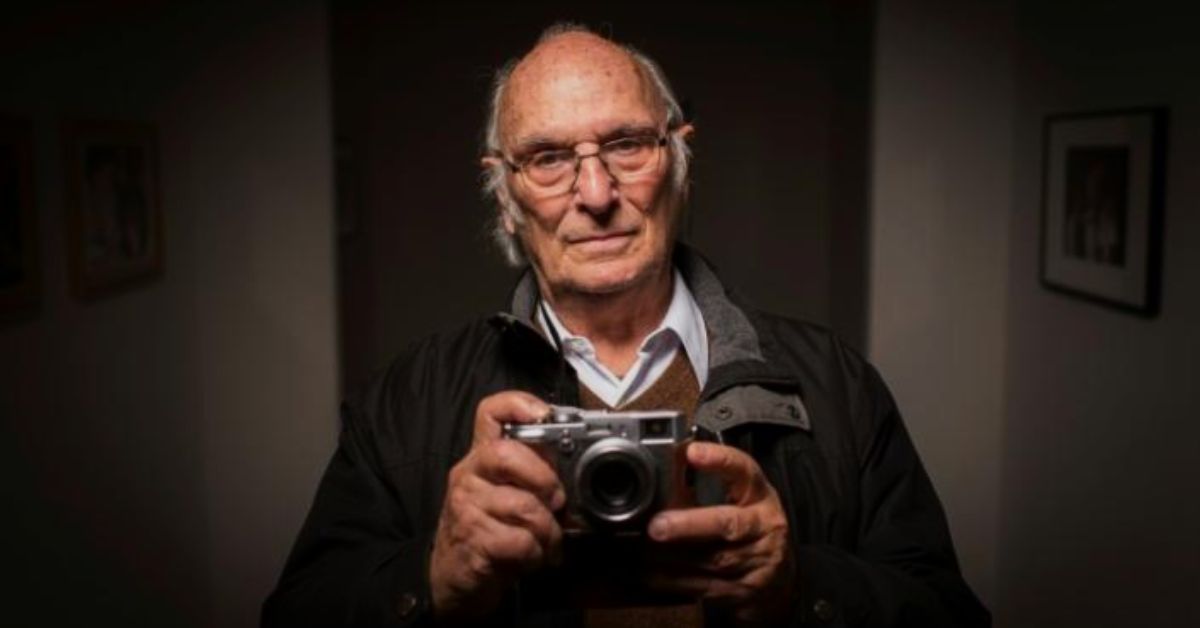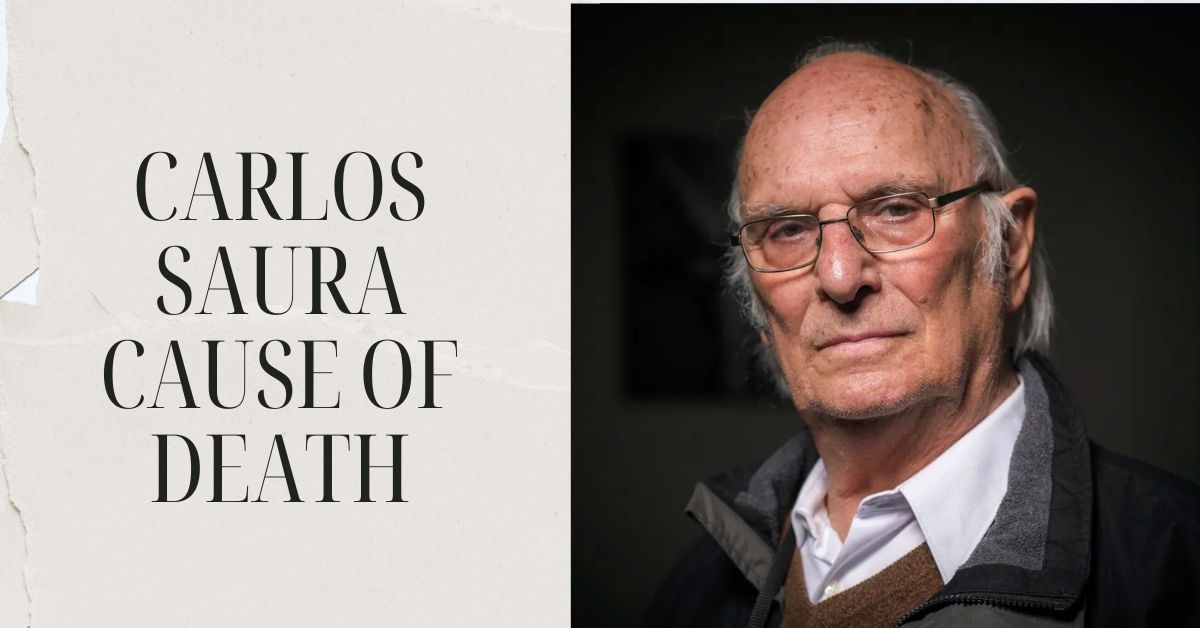The Film Academy of Spain has reported that Spanish filmmaker Carlos Saura passed away on Friday from natural causes. He was 91. The organization issued the following statement in response to Carlos Saura’s passing: “The Film Academy deeply regrets to announce his passing, Goya de Honor 2023.
At the age of 91, Saura passed away at home in the company of his loved ones. He was one of the key figures in the development of Spanish cinema.
Born in Huesca, Aragon, in 1932—the same region of Spain where Luis Bunuel, whom he acknowledged as his mentor, was raised—Saura was transported to Madrid by his family during Spain’s Civil War.
His third film, “The Hunt,” a 1965 portrayal of a Franquist ruling class that earned him a Berlin Silver Bear, was inspired by the bombings Saura heard as a child and never recovered from.
This established him as the leading figure of a New Spanish Cinema, an initiative supported by Francisco Franco’s regime’s more liberal wing to produce a new generation of auteurs in the manner of the European Union.
From 1965 through 1974, Saura’s cinema attempted the very unthinkable feat of producing films with the support of a far-right administration that denounced the paradoxes and egregious lack of liberties of the very society that Franco had established, helped along by producer Elas Querejeta.

They won prestigious awards, including the Berlin Silver Bear for “Peppermint Frappé” in 1967 and the Cannes Jury Prize for “La Prima Angelica” in 1974.
In this film, a middle-aged man visits his in-laws in Segovia, where he experienced the War as a child, and his memories flood back, explaining why his emotional development was halted.
Brilliantly filmed—”There is a Spanish cinema before and after ‘La Caza,'” remarked fellow filmmaker Manuel Gutiérrez Aragón—”La Caza” made Saura one of the most well-known representations of Spain’s tenacious anti-Franco opposition in the eyes of the world.
Spain, according to Franco’s obscure dictatorship, was rapidly modernizing and integrating into the thriving market of sophisticated Western capitalism. Saura always argued the opposite.
His first film, “Los Golfos,” which was heavily influenced by Italian neorealism, depicted young, second-generation immigrants laboring as market porters in shacks outside of Madrid with no money and no future unless they became successful bullfighters.
Through symbolism, association, and ellipsis, “La Caza” revealed a Spain that was still under the shadow of the Civil War and ready to erupt into atavistic devastation if necessary. The censor in Spain also took notice. Before its approval, “La Prima Angélica” was seen by six ministers.
Saura was revered everywhere he went outside of Spain, a mantle he carried lightly and dispelled with a big sense of humor that wasn’t always there in his films. With Geraldine Chaplin as his then-co-star, Saura completed “Raise Ravens” in 1976 after being freed from Franco’s censorship.
Must check:
- Burt Bacharach Cause of Death: Legendary Composer Passes Away at 94
- Marv Kellum Cause of Death: Steeler Will Always Be in Our Hearts!
This film, which examines the struggles of women in a macho world via the distorted image of a little daughter, is often regarded as Saura’s finest. Few Spanish films manage to delicately convey the heady combination of memory, daydreaming, and delusion that young minds produce before becoming captives of fate.
“Deprisa Deprisa,” a departure and one of his best movies, sympathetically depicts the frequently brief lives of four Madrid miscreants who commit robberies, sniff heroin, and hotwire automobiles.
Saura used it to illustrate how democracy had fallen short of improving the situation of Spain’s lower classes It was his final openly political film. Saura’s first source of income came from photographing dance events in Spain in the 1950s.
His early dance trilogy, “Bodas de Sangre,” “Carmen,” and “El Amor Brujo” (1980, 1983, 1985), combined the emphasis on the spectacle of Hollywood classics with the European auteurist tradition of the full-on and playful subjectivity of an auteur, stood out by carving out a new place for musicals.
The King of All the World, which premiered in 2021, and “Tango,” both dance documentaries, which at their best encapsulate most of Saura’s range of accomplishments as a cineaste: The natural kinetic energy of his camerawork; the flamboyant primal colors of his dance films; the portrait of women who, 45 years after “Raise Ravens,” are still suffering at the hands of men; and a sense of the enormous weight of the past on any present are all examples of the shocking impact of violence.
In addition to his seven children, which include producers Carlos, Antonio, and Anna Saura, Carlos Saura is also survived by his four career-defining partners: journalist and documentarian Adela Medrano, actress Geraldine Chaplin, Mercedes Pérez, and performer Eulalia Ramón. Latido Films’ sales department is led by Antonio Saura.
